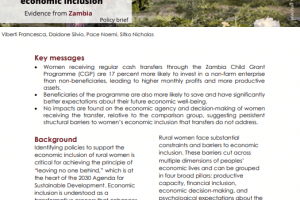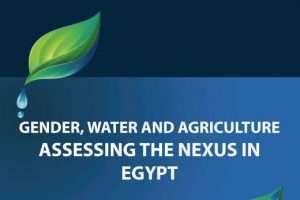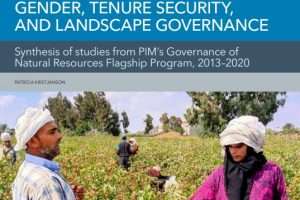Women play a key role in agriculture and food security, making up around 48 percent of the agricultural labour force in low-income countries (FAO, 2020). Despite this, their important contribution is hardly visible and largely unrecognized. Gender equality regards human rights but gender-based constraints in the sector cause also major inefficiencies in value chains, and are a key impediment for rural development, food security, and social and environmental sustainability. Moreover, the severe and multidimensional constraints faced by women hamper their productive potential and livelihoods. Women’s needs for knowledge and support often differ from the services offered, which are typically tailored to a male clientele.
Extension and advisory services (EAS) should play a key role in helping women improve their livelihoods by providing services to harness their potential, thus empowering them to escape poverty and participate in decision-making. However, EAS providers often fall short of this goal: services are usually geared towards male heads of household, and only seldom do EAS actors have the skills to effectively support women.




Add Comment